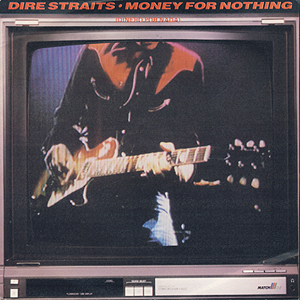There are lots of articles around that speak to what you can and cannot do with your IRA before you reach age 59½, and more that address what you must or must not do with your IRA after you’ve reached age 70½. But what can you do in the interim period? Surprisingly, you have all the control you may wish for.
After you’ve reached age 59½, you are free to take withdrawals from your traditional IRA with no penalties. You will have to pay tax on any withdrawal from the IRA, but otherwise there’s no downside to taking money out of the account.
For a Roth IRA, of course there’s no tax on the withdrawal. You’re free to take as much as you like (or as little) at any time.
Of course, these withdrawals from either type of account, Roth or traditional, will forever remove the funds from the tax-protected status that the funds are allowed while in the IRA accounts, so you’ll want to consider withdrawals carefully.
Once I make a withdrawal, do I need to continue making them? Between the ages of 59½ and 70½, there are no required distributions, and no continuation requirements (as with 72t arrangements). As long as you’re not subject to a 72t restriction, you can take money out one year and take no money out the next, or whatever you like. You’re actually free to make your own decisions about this.
How does this impact Required Minimum Distributions (RMDs)? RMDs, for non-inherited IRAs (meaning, an IRA that is your own, that you didn’t inherit), don’t start until age 70½. So to gauge an impact at this point is a moot exercise, other than to realize that any money you withdraw before the year you reach age 70½ will have the effect of reducing your future RMDs, since the balance will be lower when you have to calculate the required distributions.
So – enjoy the freedom. You can take money out of your IRA without penalty if you wish, or you can leave it alone, between the ages of 59½ and 70½. Of course you still have to abide by all of the investing rules, rollover rules, and other rules that apply to your IRA, but regarding withdrawals, you’re safe to do as you wish during this period. The same freedoms apply to your 401(k), 403(b) or other qualified plan, as long as you’ve left employment or the plan administrator allows in-service withdrawals.
